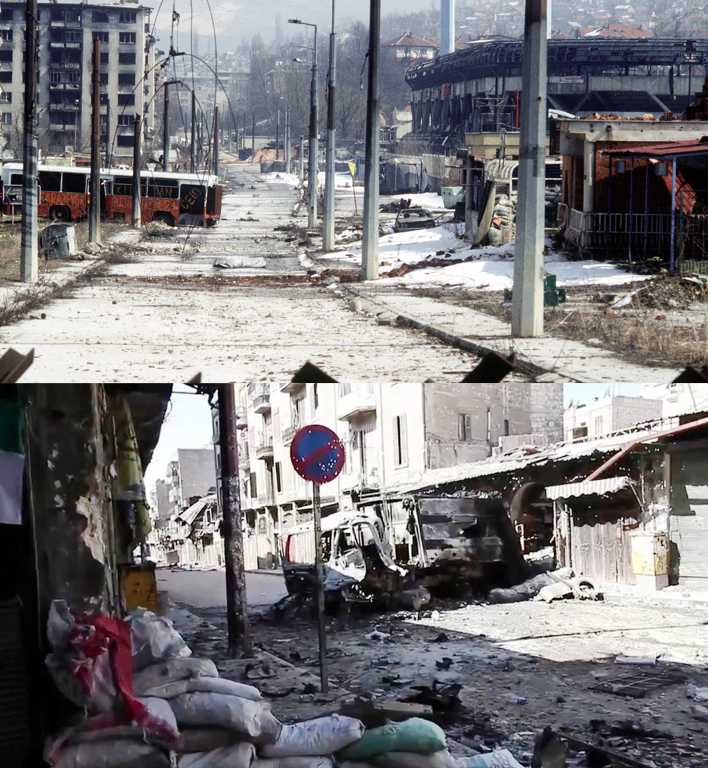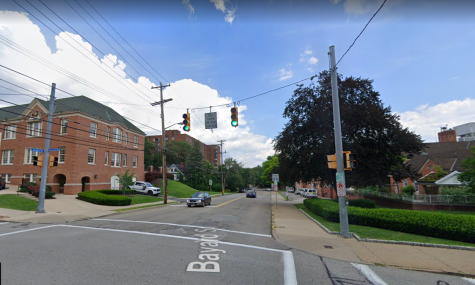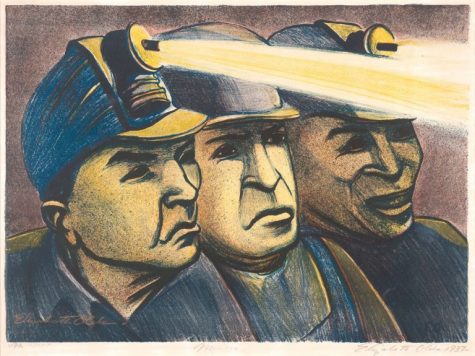Beirut, Grozny, Sarajevo, Aleppo: The Risk of Forgetting Destruction
The humanitarian crisis in Aleppo, Syria seems to be getting worse by the day, or, at the very least, not improving. The Russian and Syrian air campaigns, masterminded from a safe distance by Bashar al-Assad and Vladimir Putin, have decimated the city and destroyed the lives of the people living in it. The disdain for human life, horrific suffering, and international dithering which flash across the news networks on a daily basis, should come as eerily familiar. Yet, for many, they don’t.
As the New York Times recently pointed out, the strategy the Kremlin is employing in Syria bears a striking resemblance to the one it used in the Second Chechen War. The obliteration of Aleppo and anything moving within it is straight out of Putin’s playbook from the Battle of Grozny. So why is it happening again?
A recent video of Syrian children swimming in a flooded bomb crater in the besieged city reminded me of similar photos from the 1990s of a Bosniak child playing on an abandoned tank in the ruins of Sarajevo. We’ve seen it before, so why is it happening again?
The sectarian element of the conflict is even familiar from another Middle Eastern civil war: Lebanon’s. Was not Beirut just a 1980s Aleppo? So why is it happening again?
While the complex reasons for the Syrian Civil War cannot be put in such simple terms, a major reason why history is repeating itself so markedly in Aleppo is simply because we’ve forgotten what it’s a rerun of. The modern attention span is far too short and each new conflict obscures the old one in a cloud of headlines and provocative photos. Most people can’t even point out Lebanon on a map anymore, let alone Chechnya. Radovan Karadžić and Alija Izetbegović might as well be mythological heroes as far as the man on the street is concerned. And that’s extremely problematic.
While it’s all well and good to say “never forget” and have a minute of silence, such things are meaningless unless you actually take action to back up your words. The best first step in preventing a conflict from happening again is not forgetting it happened in the first place. In fact, doing so is your moral responsibility.
“Who now remembers the Armenians?” Adolf Hitler once quipped to justify his final solution. Well, who now remembers the Chechens?







